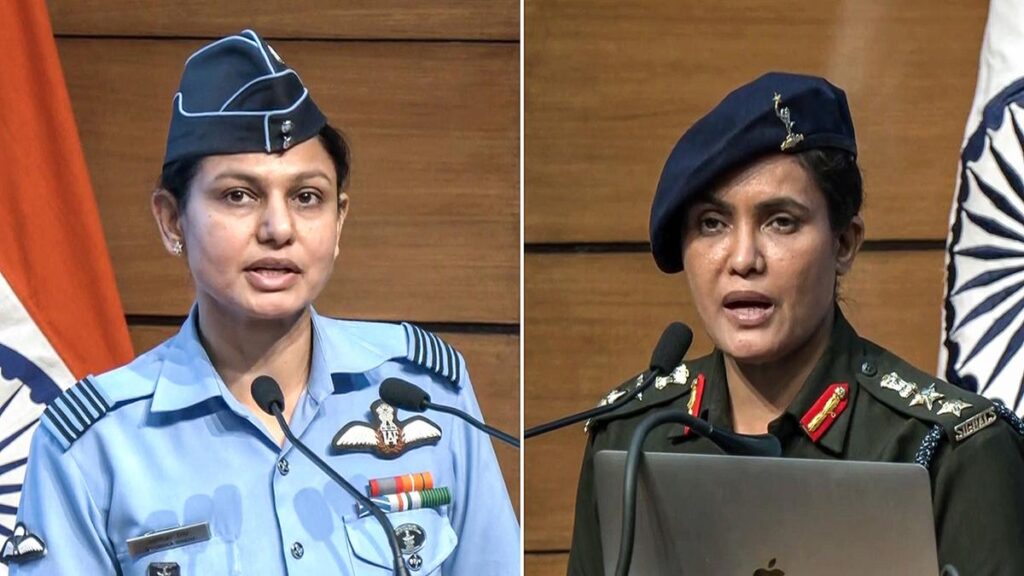It was a proud moment as Colonel Sofiya Qureshi and Wing Commander Vyomika Singh briefed the media on Operation Sindoor in New Delhi on May 7, 2025, highlighting the long struggle for women’s inclusion in the Indian Army.
Decades of Legal Battles for Equality
By Our Correspondent, New Delhi: The journey of women in the Indian Army has been marked by persistent challenges, including sex stereotypes and legal battles. A landmark Supreme Court judgement on February 17, 2020, by Justices D.Y. Chandrachud and Ajay Rastogi, detailed the gradual inclusion of women since 1992. They were initially barred under Section 12 of the Army Act, 1950, but notifications in 1992 and 1996 opened specific branches like the Judge Advocate General’s department and Army Education Corps.
Evolution of Policies and Commissions
The 2005 amendment replaced the Women Special Entry Scheme with the Short Service Commission (SSC) for 14 years, with the first SSC batch joining in 2008. Meanwhile, advocate Babita Puniya’s 2003 petition and subsequent writs by women officers led to a 2010 Delhi High Court ruling granting Permanent Commission. Despite the Centre’s appeal, the Supreme Court in 2020 upheld the right of SSC women officers to Permanent Commission in non-combat roles, rejecting gender-based stereotypes.
Celebrating Trailblazers Like Colonel Qureshi
Colonel Sofiya Qureshi’s achievements were highlighted in the 2020 judgement. As a Lieutenant Colonel, she led an Indian Army contingent at ‘Exercise Force 18’ and served in UN Peacekeeping in Congo in 2006, ensuring peace in conflict zones. The Supreme Court also recognized 1,653 serving women officers, noting their contributions. A 2019 policy decision finally extended Permanent Commission to women across 10 support arms, affirming their equal rights.
A Step Toward Gender Parity
The Supreme Court’s ruling dismissed the Centre’s prospective-only policy, ensuring all eligible SSC women officers could seek Permanent Commission, regardless of service length. Justices Chandrachud and Rastogi emphasized that physiological differences do not justify denying women equal opportunities, aligning with Article 15(1) of the Constitution. This decision marked a significant step toward gender equality in the Indian Army, acknowledging women’s invaluable contributions.
Women officers like Qureshi and Singh continue to break barriers, proving their mettle in the Indian Army. Their journey reflects a hard-won victory for equality, inspiring future generations.


